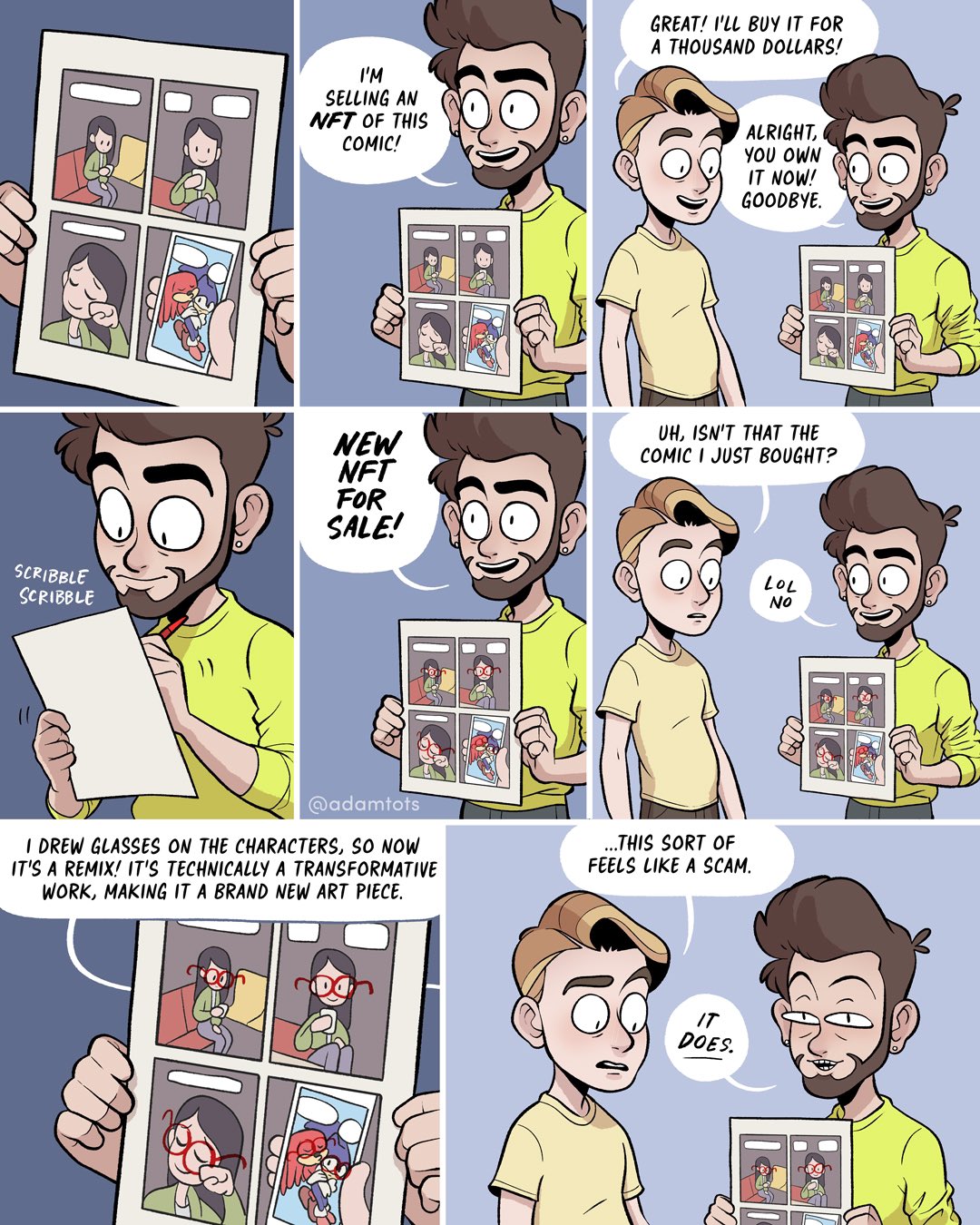It is hard to know what anyone else really wants, and I think of this man often. I thought of him most recently while watching Mark Zuckerberg deliver an hour-long presentation on Facebook’s rebrand—it is now called Meta—and its newfound focus on building the “metaverse”: a vast and integrated virtual world. Watching Zuckerberg stroll through a blandly monied virtual set, appointed, as if from a drop-down menu, with books and trinkets and unused-looking sports equipment, I wondered if there were people who wanted this, or would find this vision exciting. Then I reminded myself: FarmVille. I think it is useful, in attempts to forecast the future, to be humble about the enormous mystery of other people’s desires.
These days, people spend more than eighty billion dollars a year on virtual goods sold in video games. Game-studies scholars have long argued that gaming allows players to experiment with new identities and modes of being: Virtual games simulate identities as citizen-soldiers, free-agent workers, cyborg adventurers, and corporate criminals
, Dyer-Witheford and de Peuter write. Virtual play trains flexible personalities for flexible jobs, shapes subjects for militarized markets, and makes becoming a neoliberal subject fun.
Virtual worlds, it seems, also train players to be eager, expectant, and constant consumers.
Anna WienerThe discussion around money in the metaverse shares a lot of characteristics with Bitcoin mania and NFTs: basically, you don’t own anything tangible, with real world utility, only a set of digital instructions accessible only inside the platform where you spent money on it. It’s good business for the platform owner, who can create virtual goods endlessly at almost no cost, while relying on fake scarcity to sell them at a premium, marketing each as ‘unique’ or ‘limited editions’. I fail to see how this works for consumers though, and current global events are a sober reminder that some (most) things cannot be solved by going virtual – and that nation states still hold considerable control over financial transactions.
Have we tried drilling oil in the metaverse?
— Ramp Capital (@RampCapitalLLC) March 7, 2022
Spending money in the metaverse can be considered an expansion on streaming music and video, where you don’t own the catalogue, but merely rent it so long as you pay your subscription. In the digital realm though, renting feels like a fair transaction for both sides: the company gets a steady inflow of cash, the consumer instant access to a huge library, which they wouldn’t afford to purchase otherwise. If the company goes out of business, the consumer doesn’t lose anything but future access to the library, but they may find another provider with ease. In games, you may justify purchases simply for the immediate entertainment value.

Virtual real estate is simple: plots of land in a digital world (i.e. the metaverse) whose value is determined by factors similar to those that drive the value of physical real estate — namely, how big/cool/developed/proximate to other cool people/events they are. In a virtual platform like Sandbox you can buy a beachfront property, or something next to the mall, or something next to the … Warner Music Group headquarters?
Money is pouring in, and a flood could follow. Virtual real estate sales exceeded $500 million in 2021. Analysts project that number will double in 2022. A plot of land on Sandbox was recently purchased for $450,000, as it meant … being meta-neighbors with Snoop Dogg. There’s also commercial real estate: Luxury designer Philipp Plein purchased a property on Decentraland for $1.4 million; it will soon become Plein Plaza. And dedicated real estate development: Metaverse real estate firm Republic Realm recently made the largest virtual land purchase in history — $4.3 million.
Scott Galloway
What doesn’t make sense to me is spending money to virtually ‘own’ non-existent digital assets, such as the latest craze, virtual real estate. It feels to me a purely speculative game of pumping up the ‘price’ of this ‘unreal estate’ with no actual value to sell it later for profits. In a virtual space, proximity to cool places is meaningless – the owner could decide tomorrow to relocate on the other side of the world, leaving you with a worthless property. Or look at it this way: in the real world, once you buy a property your relationship with the former owner ends and you have full control; in a virtual world on the other hand, you are continually dependent on the company operating the virtual space – if they go out of business your purchase simply vanishes into thin air! That’s why ‘renting’ makes more sense for consumers: if a metaverse closes, or changes into something you no longer want, you simply stop paying your rent and go find somewhere else to virtually spend your time in.
Post a Comment